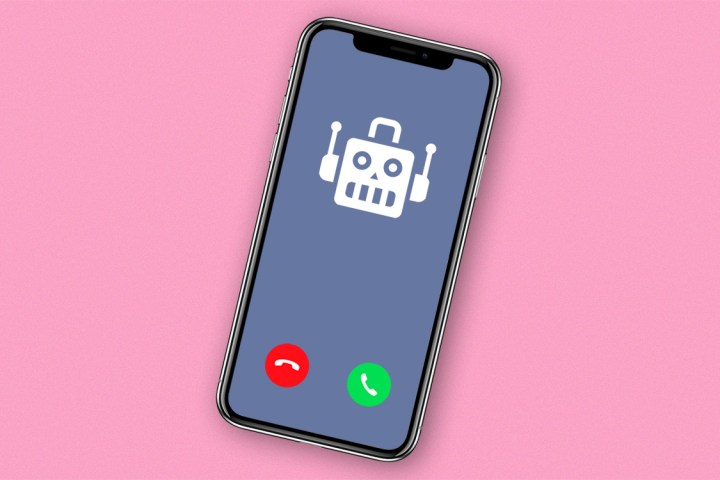
How much time do you think spam robocalls cost you? Answering a robocaller may only take up a few moments of your day — but in large numbers those calls can really add up, and it’s become a real problem for U.S. hospitals. According to a report from the Washington Post, a rising tide of spam robocalls are taking up valuable hospital time and reducing the abilities of facilities to react to real emergencies.
While robocalls are just annoying for your average user, the sheer number of calls bombarding facilities like the Boston-based Tufts Medical Center can be crippling. According to Taylor Lehmann, chief information security officer of Tufts, his facility received more than 4,500 robocalls in just two hours on April 30, 2018. In a similar vein, the H. Lee Moffitt Cancer Center and Research Institute was rung more than 6,600 times across 90 days — a process that the center’s chief information security officer, Dave Summitt, estimates took up 65 hours of hospital response time.
But this could just be the tip of the iceberg. Spam calls across the world rose in 2018, with some countries seeing a 100% increase in time-wasting calls. Lehmann worries that the rising trend of such calls could eventually reach the point where a health facility’s systems are no longer able to cope — increasing the chances of a potential health crisis, and reducing the ability of hospitals to function properly.
But it’s not just medical centers under attack, certain unscrupulous operators are also targeting vulnerable patients by “spoofing” the number of a local hospital, or health organization phone numbers. “Spoofing” disguises one phone number as another, meaning scams offering insurance scams or claiming payments are much more likely to succeed because it seems as if the call is coming from a trusted source.
Worst of all, identifying and blocking those numbers is no easy task. Most of the calls are disguised with local area codes. To a hospital worker, it will seem as if a local patient is calling in need of help. There’s simply no way a worker can tell if a call is legitimate before answering it.
Carriers are working to flag and identify spam calls of all types, but progress is slow and scammers are constantly changing their methods. According to the Washington Post report, the Tufts Medical Center’s telecom carrier, Windstream, was unable to do anything to block the calls. On the consumer side, Jennifer Waisath Harris, a political analyst from Austin, noted that the call-blocking tool offered to her by AT&T was helpless to stop her receiving a call claiming to be from her local medical center.
The FCC recently voted to give carriers the ability to block robocalls by default, but it’s currently unknown whether any major carriers will use their newfound abilities to blanket-block such calls. However, while this approach may work for consumers, a hospital may baulk at blocking any calls, on the basis that any legitimate calls accidentally flagged as spam could lead to more serious injuries, or even an avoidable death. Instead, hospital workers want Congress to pass legislation that cuts down on robocalls.


